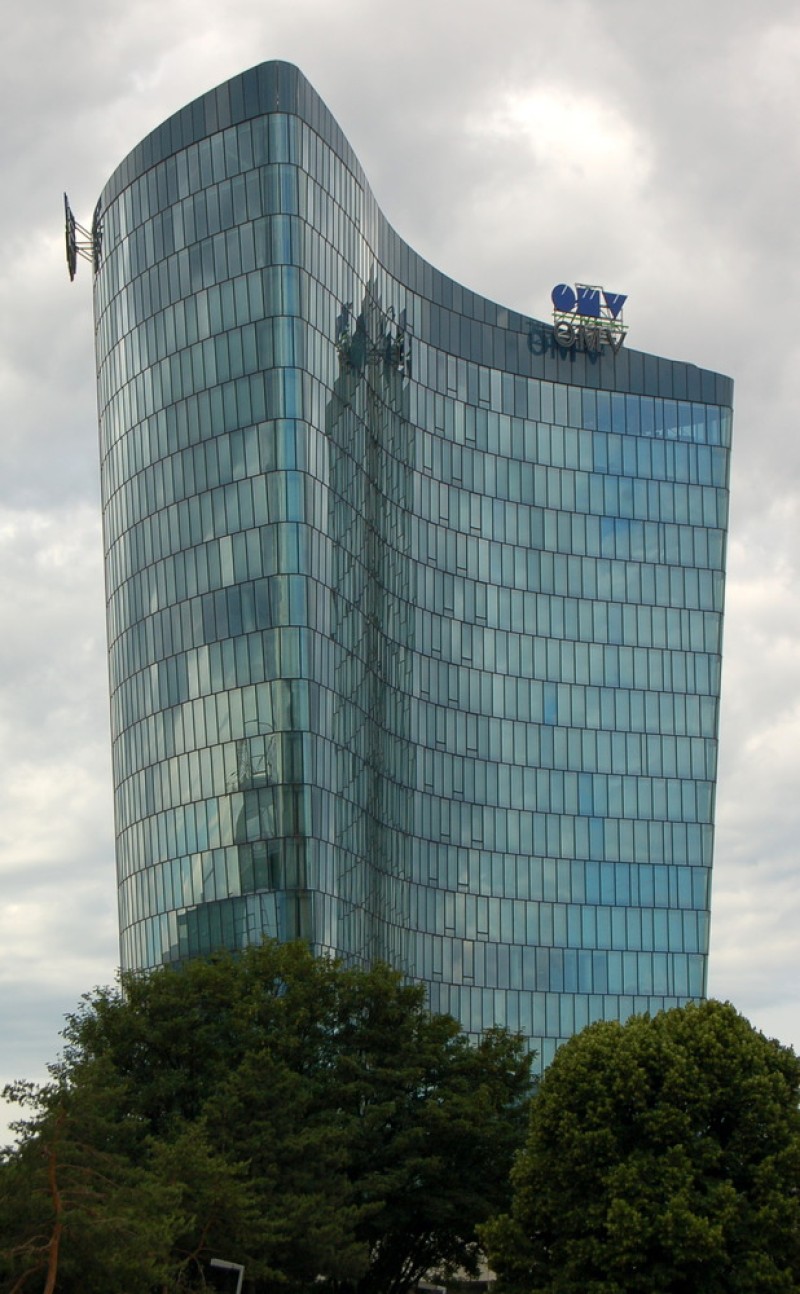The Austrian Centre for the Enforcement of Human Rights International (CEHRI), in collaboration with the Dutch peace organization PAX, has lodged a criminal complaint against former senior executives of OMV AG, an Austrian company that had a business partnership with the Swedish company Lundin Energy AB.
The two organizations have urged Austrian prosecutors to open a criminal investigation into OMV AG, alleging that the company also abetted serious crimes committed by government forces in South Sudan between 1999 and 2003 with the aim of gaining control of an area where the Swedish-Austrian consortium wanted to search for oil.
Nearly one third of OMV AG is owned by the Austrian government. According to CEHRI and PAX, OMV AG joined the consortium in 1997 during the civil conflict in South Sudan to explore oil in Block 5A, an area beyond government control.
The region witnessed clashes marked by widespread crimes and violent displacements. Despite calls for respecting human rights, OMV AG failed to acknowledge its impact on the population. In 2003, the company sold its Sudanese assets, profiting US$50 million.
“Two former executives of Lundin are presently standing trial in Stockholm. They have been charged with complicity in war crimes while managing the Consortium in which OMV AG participated,” CEHRI and PAX said Tuesday in a statement.
OMV AG also benefited from the alleged crimes and the victims have been denied justice since 1999, they explained. The committed atrocities allegedly include the systematic and deliberate targeting of civilians and the destruction of vital resources for survival.
“By the time OMV AG left Sudan, an estimated 12,000 people had died, 160,000 had been forcibly displaced, and their area of operation was thrown into abject poverty,” the two organizations claimed, adding that OMV AG is believed to have been aware of the atrocities.
“OMV AG is accused of consciously accepting this in pursuit of its economic interests and of encouraging the criminal conduct of the Government of Sudan,” according to CEHRI and PAX.
The Lundin trial in Sweden revealed that OMV AG owned 26% of the consortium. CEHRI and PAX contend that with just over one fourth of the voting power in the Joint Operating Committee, OMV AG wielded significant influence in crucial decisions.
Despite being regularly briefed on security matters and the consortium’s actions, OMV’s senior management never distanced themselves from the consortium’s practices, according to CEHRI and PAX.
OMV is said to have denied any wrongdoing and has claimed that Lundin, not OMV, managed the day-to-day operations in Sudan.



